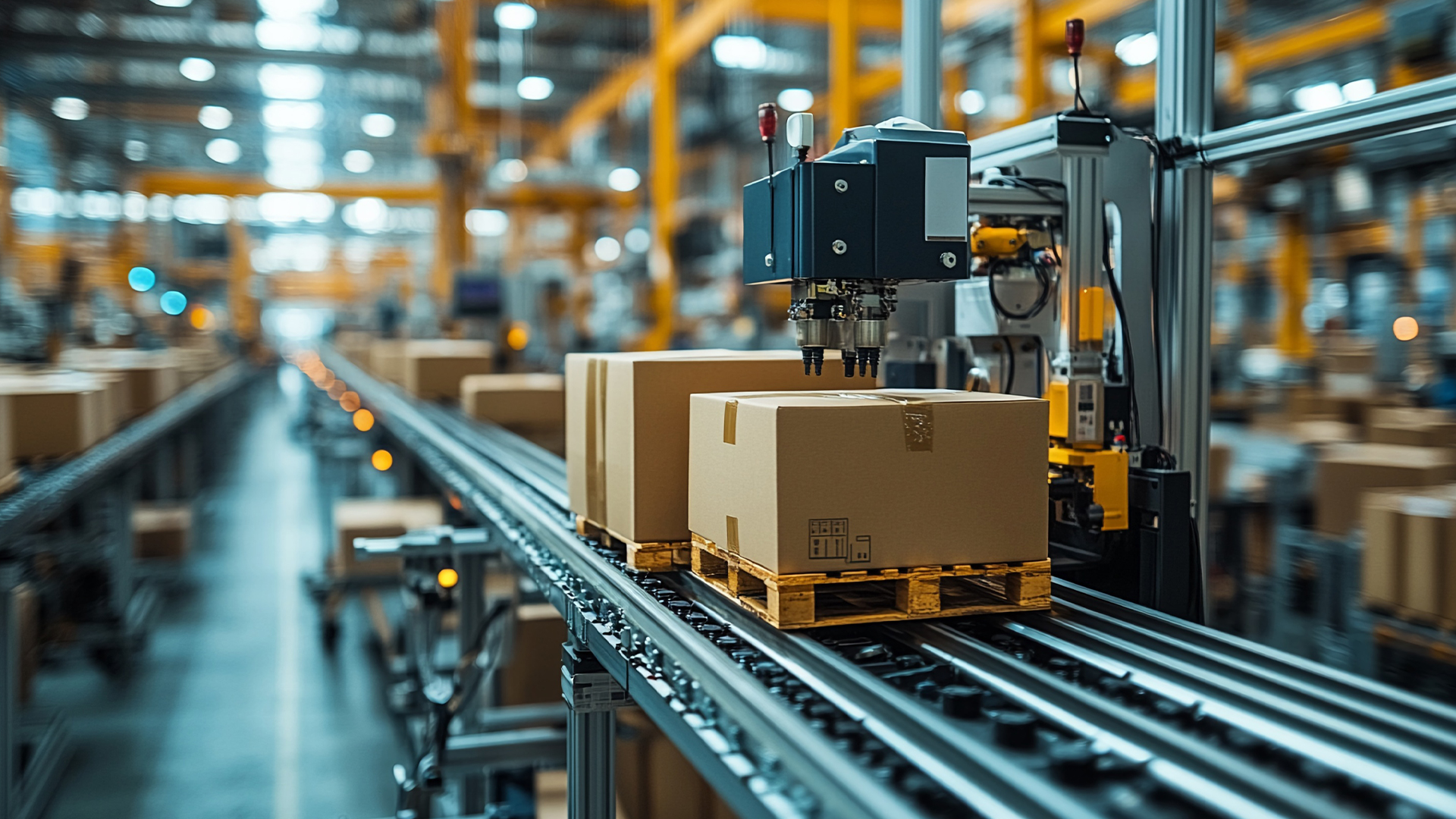Let’s call 2020 the year of the great disruption. It was a time of social unrest and upheaval in our everyday lives. Schools were closed and moved to virtual learning.
Businesses had to pivot from their usual way to conduct business or shutter their doors. Hotels, restaurants, and social lives were gutted to protect the population. Governments were under the burden of caring for the citizenry without destroying economies.
Millions lost jobs permanently, and whole industries suffered as a result. It was a disruption on a global scale that we haven’t seen in modern history. Yet despite all those adversities, some people, societies, and businesses were able to flourish.
As some businesses closed for good, others were able to find a way to fill those voids. People of all stripes, education, and colors could find a foothold and make something positive come from all those disruptions.
There was an expected boom in startups just when things looked the bleakest. According to NPR reporting, the boom in startups specialized in non-personal interactions such as online retail and Software as a Service.
Online Retail Vs Franchise Opportunities
Most of the new startups were created out of necessity. People who lost their jobs threw themselves into new opportunities, and online was the most accessible, most cost-effective place to start.
Online retail can be set up as a drop shipping option where a business acts as the third party between a customer and wholesaler.
For example, selling direct to consumers by acting as a third party allows the business to limit overhead and increase sales but lacks control on the supply side. As a result, if your wholesaler can’t provide your inventory promptly, your business could suffer.
Then there are those businesses that create their own products and sell directly to consumers.
There’s an advantage in this type of business model as you can control the quality of product and timing of shipping, but there are some built-in disadvantages.
Much like a service business, you are limited to the speed at which you and your staff can build, pack, and ship your product which may upset customers along the way.
The Benefits Of Fulfillment By Amazon
Another ease of setup for online businesses is to utilize a fulfillment program such as the Fulfillment By Amazon, or FBA as it’s commonly known.
An FBA is a program where you pay a small fee to Amazon to handle all your logistics, such as pre-sale storage and post-sale packaging and distribution.
By utilizing the FBA program, startups focused their energies on finding and converting new customers rather than paying for costly overhead such as warehousing, labor, insurance, and other costs.
An FBA is excellent for standard products, whether it’s clothes, house decor, ceramic cookware, electronics, and more.
The reason FBA is so effective is that you are licensing Amazon to use similar products to your brand, and they will take from their current supply at the closest proximity to your customer and replace the item down the road.
Another area that has a ton of opportunity is in the franchisee space. With a franchise, you’re paying a fee to join an established, well-known brand and operate as a de facto owner of that physical location.
The benefit of franchising is that you get an established profitable business model, a physical location already based, and continuous support from the franchisor to help you build your business and expand the brand.
Another added benefit is that most of the marketing is taken care of by the franchisor, saving you money on costly overhead that may, or may not, produce results and conversions. This franchising feature is vastly underappreciated and makes it almost a no-brainer to be involved as a franchisee.
The downside to franchising is that you have to pay a fee upfront, often showing a period of profitability for your various businesses, and must adhere to strict rules and procedures that oversee the franchisor’s brand.
One other downside to franchising is that you don’t have control over product selection. The franchisor chooses what they want you to offer and at what price point. Any flexibility otherwise must go through the franchisor, or you risk losing the licensing opportunity.
Those downsides are overshadowed by the benefits and profits that are associated with a well-run brand. Therefore, if an entrepreneur can diversify their operations to include a franchise opportunity, it should be seriously considered.
The disruption that we all experienced over 2020 and early 2021 has provided various opportunities for individuals and organizations to flourish. With proper strategies and infrastructure in place, there’s a huge growth potential as societies reopen.

















